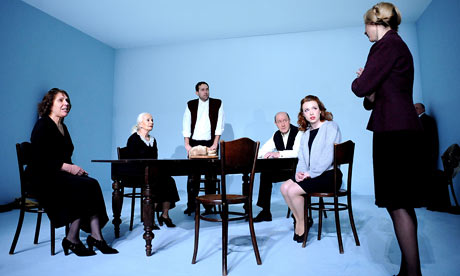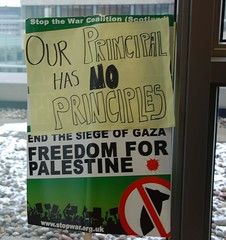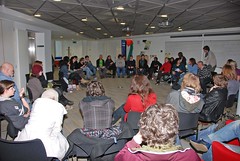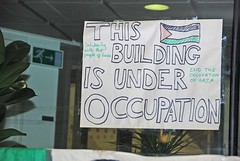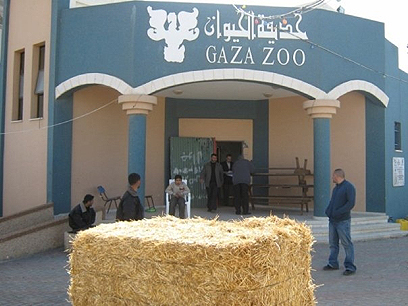Dershowitz, a Harvard University law professor and well known supporter of Israel, threatened to unleash a campaign against the college, and issue a call for donors to withhold contributions, unless Hampshire resolves any ambiguities and clearly states that it rejects student efforts to divest from the Jewish state. “What they have to do is make it impossible for the students to plausibly be able to declare victory,” said Dershowitz, whose son went to Hampshire.
“They want me on their side, they want the anti-Israel students on their side, they want everybody on their side. But unfortunately the divestment campaign is a zero-sum game. Both sides can’t win, and Hampshire let the anti-Israel students win and they will pay a heavy price for that. Unless they withdraw it, they withdraw it and they make it clear they have rejected these efforts to divest from Israel.”
The students dominated the headlines on Thursday when, in a press release, the Students for Justice in Palestine chapter hailed Hampshire as “the first of any college or university in the U.S. to divest from companies on the grounds of their involvement in the Israeli occupation of Palestine.” The student group celebrated having successfully pressured the college to divest from six companies with connections to Israel’s military operations in the West Bank and Gaza.
Hampshire officials acknowledge they initiated a review of the specific State Street fund in question in response to a petition from Students for Justice in Palestine. However, Hampshire maintains that it transferred assets to another fund after finding much broader violations of its policy on socially responsible investing, including unfair labor policies, environmental abuse, military weapons manufacturing and unsafe workplace settings. In all, Hampshire says it found more than 200 companies in the fund that fell short of its standards. “[T]he decision expressly did not pertain to a political movement or single out businesses active in a specific region or country,” the college’s statement says.....


